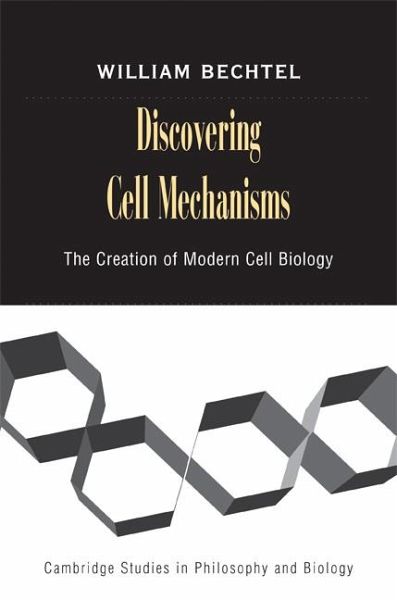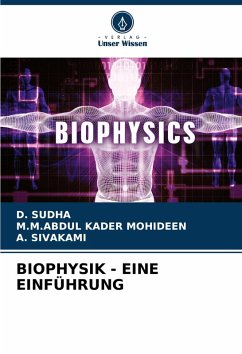
Discovering Cell Mechanisms

PAYBACK Punkte
18 °P sammeln!
Between 1940 and 1970 pioneers in the new field of cell biology discovered the operative parts of cells and their contributions to cell life. They offered mechanistic accounts that explained cellular phenomena by identifying the relevant parts of cells, the biochemical operations they performed, and the way in which these parts and operations were organised to accomplish important functions. Cell biology was a revolutionary science but in this book it also provides fuel for yet another revolution, one that focuses on the very conception of science itself. Laws have traditionally been regarded ...
Between 1940 and 1970 pioneers in the new field of cell biology discovered the operative parts of cells and their contributions to cell life. They offered mechanistic accounts that explained cellular phenomena by identifying the relevant parts of cells, the biochemical operations they performed, and the way in which these parts and operations were organised to accomplish important functions. Cell biology was a revolutionary science but in this book it also provides fuel for yet another revolution, one that focuses on the very conception of science itself. Laws have traditionally been regarded as the primary vehicle of explanation, but in the emerging philosophy of science it is mechanisms that do the explanatory work. Bechtel emphasises how mechanisms were discovered, focusing especially on the way in which new instruments made these inquiries possible. He also describes how new journals and societies provided institutional structure to this new enterprise.














